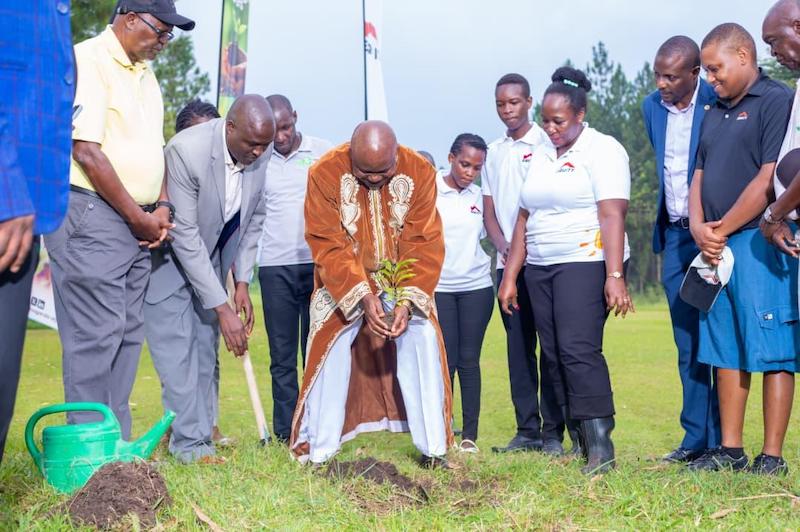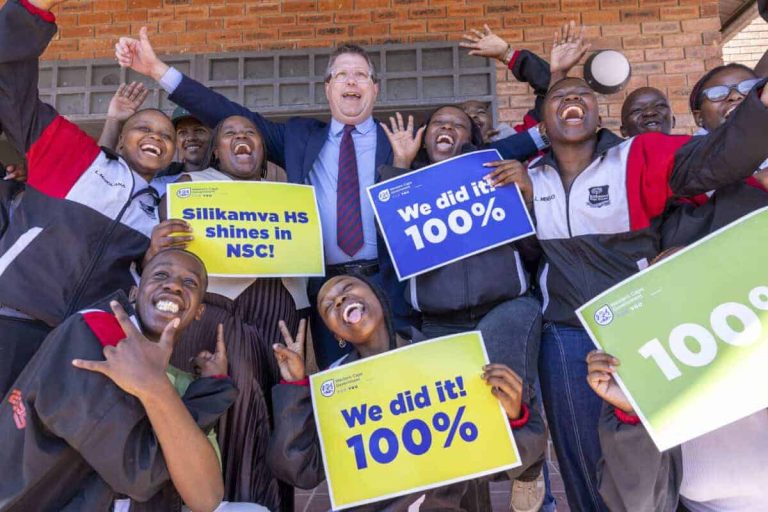
Equity Bank Uganda, in partnership with the cultural head of the Bamasaba (Umukuka wa Bugisu) and Gro Foundation, has launched a large-scale tree planting campaign to promote environmental conservation and rehabilitate dumping sites across the Bugisu subregion.
The project, targeting an eight-acre stretch around Mbale City’s main landfill, aims to establish natural carbon sinks that will make the city greener, safer, and more resilient to the impacts of climate change. It also seeks to avert disasters similar to those that struck Kampala’s Kitezi landfill last year and left over 30 people dead.
Under the partnership, Equity bank will contribute Shs 60 million, while Gro Foundation will offer technical expertise to ensure the selection and sustainability of native tree species. More than 60,000 trees are expected to be planted across the region by the end of 2026.
Speaking at the launch, Virginia Ssemakula, Equity bank’s manager for energy, environment and climate change, said the bank’s sustainability agenda extends beyond financial services.
“At Equity, we believe our responsibility goes beyond banking,” she said. “We are investing in energy and environmental projects that build healthier communities and a more sustainable future, growing not just financial prosperity but also environmental resilience.”
Lydia Apeduno, Mbale City Council composite manager, noted that the trees will play a critical role in improving landfill management.
“Dumping sites emit gases such as carbon dioxide,” she explained. “These trees will help absorb carbon, reduce emissions, and also act as boundary markers to stop encroachment.”
Beyond environmental restoration, the project is expected to support agricultural productivity and social transformation in Bugisu by addressing recurring mudslides in the mountainous areas.
The trees will enhance soil fertility, improve water retention, and provide farmers with food, fodder, and income opportunities. Laban Musiguzi of Gro Foundation highlighted the project’s long-term vision, describing it as a cornerstone for sustainable community development.
“Agroforestry helps reduce soil erosion, control pests and diseases, and foster a balanced ecosystem,” he said. “This isn’t just about planting trees—it’s about planting hope for a better, more sustainable future.”



